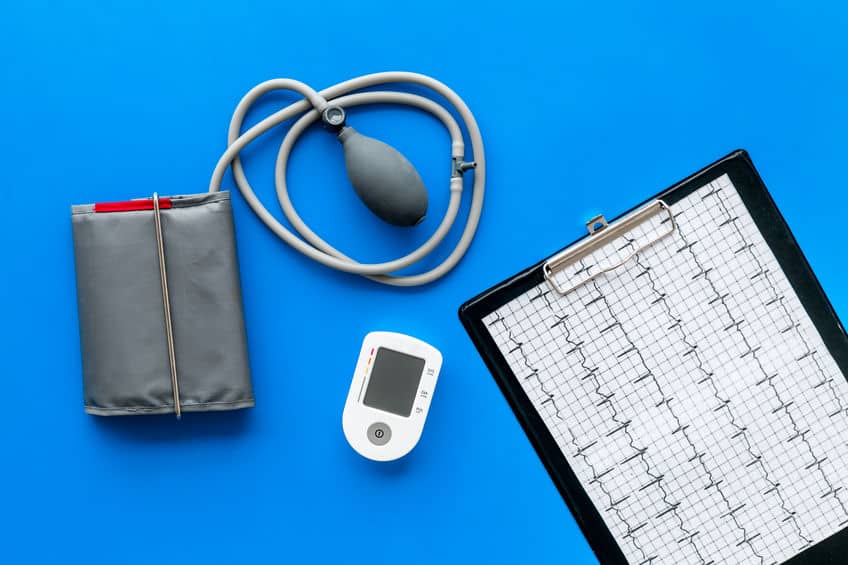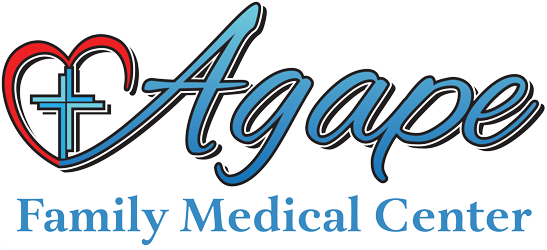Headache
What Is a Headache?
Experiencing a headache is characterized by feeling pain in any area of the head. Headaches may manifest as sharp stabs, persistent dull aches, or a pulsating sensation. They can affect either one or both sides of the head, occur independently, spread throughout the head, or even evoke a feeling of pressure around it. The onset of headaches can be gradual or sudden, and their duration can range from a mere moment to persisting for several days.

What Are the Different Types of Headaches?
There are over 300 types of headaches, most with unknown causes. Most headaches fall under the category of primary headaches and include.
- Tension Headaches
- Migraines
- Cluster Headaches
Tension headaches, being the most common type of headache, exhibit a range of intensity, from mild to moderate, and can occur infrequently or, for some individuals, multiple times a week.
Typically, a tension headache manifests as a dull, squeezing pain experienced on both sides of the head and may occasionally extend to the neck and shoulders. The duration of tension headaches can span from 20 minutes to two hours. To alleviate the discomfort of a tension headache, various options are available, such as over-the-counter pain relievers, a heating pad, a brief nap, a snack, yoga, or a refreshing shower.
Migraines occur less frequently than tension headaches but are more intense in pain. They are more prevalent in women compared to men. Nevertheless, men over the age of 40 who experience migraines may have a higher risk of a heart attack.
Around 70% of migraines are influenced by genetics. In fact, most individuals who suffer from migraines have at least one close relative or family member with a history of migraines.
Migraines are often preceded by several hours of fatigue, sluggishness, restlessness, depression, or irritability, and they typically begin in the evening or during sleep. Some individuals also experience an aura along with their migraines, which may involve seeing halos, flashing lights, wavy lines, sparkles, and, in some cases, temporary vision loss.
The majority of migraine sufferers do not experience an aura. In most cases, migraine pain initiates on one side of the head, usually around the eye and temple, and then spreads to the back of the head. Migraine pain is often described as throbbing or pulsating and can be accompanied by nausea.
Certain symptoms of migraines can be similar to those of sinus headaches. To distinguish between the two, we recommend using the acronym POUND:
- Pulsating pain
- One-day duration
- Unilateral (one-sided) pain
- Nausea and vomiting
- Disabling intensity
Migraine attacks can last anywhere from four to 24 hours. Early treatment with over-the-counter pain relievers and a combination of caffeine can help alleviate the pain. If over-the-counter medications are ineffective, doctors may prescribe triptans or preventative medications to their patients.
Cluster headaches, though rare, are the most severe type of headache. They are commonly experienced by middle-aged men with a history of smoking. The name “cluster headaches” comes from their tendency to occur in clusters, with one to eight headaches a day, often recurring during the same time of year every year or two.
These headaches strike suddenly and can last anywhere from 30 minutes to an hour. They cause intense pain on one side of the head and may lead to red, painful, watery, and droopy eyes. The nose may also run or be blocked, and there could be associated nausea and sensitivity to light. During a cluster headache attack, individuals may become restless and agitated.
Treatment for cluster headaches can involve inhaling high-flow oxygen or using medications like triptans or verapamil.
- What Causes Headaches?
There are several factors that can cause headaches.
Common triggers for tension headaches include:
• Stress
• Fatigue
• Muscle or joint problems in the neck or jaw
While many migraines can occur without warning, most are set off by a certain trigger, which varies from person to person. People who suffer from migraines are often sensitive to the same trigger.
Common migraine triggers include:
• Fatigue
• Stress
• Change of weather, such as rising heat or humidity
• Sensory stimulators, like loud noises, strong smells or flickering lights
• Dietary triggers, such as missing a meal, alcohol, a change in caffeine intake, MSG, chocolate, aged cheese or nitrates in cured meats and fish
Cluster headaches are not usually associated with the usual dietary or stress triggers like their tension headache and migraine counterparts. The patterns associated with cluster headaches suggest that abnormalities in the body’s biological clock could play a role. Other triggers of cluster headaches can include alcohol or certain medications such as nitroglycerin.


- When Should I See a Doctor?
When it comes to headaches or migraines, the majority of cases are not indicative of a serious medical problem. Individuals who regularly experience headaches or migraines are familiar with their typical patterns. However, if you encounter any unusual symptoms or issues that are more severe than usual, it is advisable to seek advice from your doctor.
New headache symptoms that could prompt an immediate call to your doctor include:
- The trouble with speech, confusion, personality changes or seizures
- Fever, a stiff neck, shortness of breath or a rash
- Severe nausea or vomiting
- Dizziness, sudden loss of balance, weakness, numbness, tingling or not being able to move your body
- Headaches that are triggered by bending, coughing, sexual activity or other intense physical activity
- Headache pain that wakes you up at night
- Headaches after a head injury or accident
- A new type of headache that starts after age 50
- A recent headache symptom that is different to your usual pattern of attacks
The following symptoms may not warrant urgent care, but you should let your doctor know if you:
- Have headaches that won’t go away and keep getting worse
- Have three or more headaches per week
- Need more than two or three doses of over the counter medications per week to alleviate symptoms
- Need to take pain reliever every day or almost every day for headache relieve
- Have headaches that interfere with your daily life
Concussions
Headaches can also be a symptom of a concussion. At Agape Family Center, we are dedicated to providing education and helping prevent concussions. If you hit your head and think you may be experiencing a concussion, seek medical help right away.
Headaches and migraines can be debilitating and interfere with your daily life. If you’re looking for headache and migraine relief, the experts at Banner Health have your back.
Find Relief from Headaches and Migraines with Agape Family Medical Center
Agape Family Medical Center stands as a beacon of hope and relief for those grappling with persistent headaches and debilitating migraines in Waterbury, CT. Recognized as a premier headache specialist in the region, the center is committed to providing unparalleled care, ensuring patients regain control over their lives. In Waterbury, CT, migraines and headaches can significantly impact one’s quality of life, affecting daily routines, work productivity, and overall well-being. At Agape Family Medical Center, understanding the complexities of these conditions is paramount. With a team of dedicated professionals equipped with cutting-edge knowledge and advanced treatment modalities, patients can expect a personalized approach tailored to their unique needs.
What sets Agape Family Medical Center apart is its holistic approach to migraine treatment in Waterbury, CT. The commitment to excellence extends beyond clinical expertise. The Agape Family Medical Center fosters a nurturing environment where patients feel heard, valued, and supported at every step of their healing journey. With state-of-the-art facilities and a patient-centric philosophy, the center ensures that each individual receives timely and effective care, promoting long-term relief and improved quality of life.
For those seeking a trusted partner in managing migraines and headaches, Agape Family Medical Center emerges as the go-to destination in Waterbury, CT. Embracing a blend of innovation, compassion, and expertise, the center remains steadfast in its mission to alleviate pain, restore functionality, and empower individuals to lead fulfilling lives, free from the constraints of debilitating headaches and migraines. Experience the difference with Agape Family Medical Center, where your well-being is the utmost priority.



